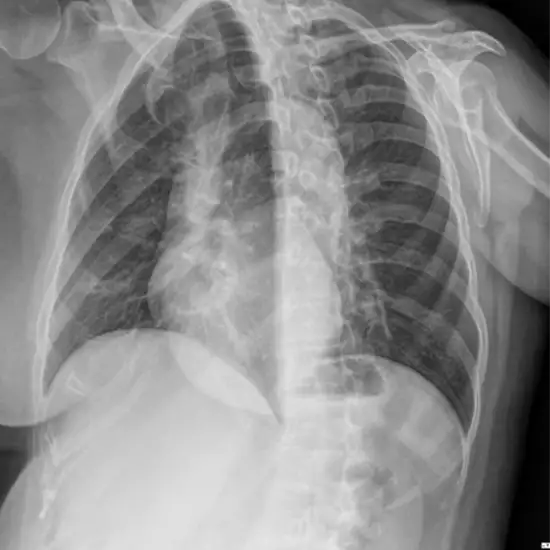Bone Marrow Scan Procedure
A bone marrow scan makes a map of your bone marrow so that any changes can be evaluated. After surgery or trauma that has changed the bone's structure, this scan is often finished. There is very little radioactive material used in a bone marrow scan, and because of this, there are no negative side effects.
Indication
To determine whether there are acute abscesses, infections, or inflammation in:
- Pulmonary chest
- Intra-Abdominal
- heart valve graft
- Musculoskeletal
- artificial graft
- Colitis of the bowels
- fever with unknown causes
Preparation
- Before your bone marrow scan, refrain from any examinations that require barium for at least 48 hours.
- As normal, you may eat and drink.
- Take your medications as directed.
- a list of your medications with you
- When you go to your appointment, bring your doctor's documented order for the examination.
- Total White Blood Cell (WBC) count results are required a week ago. White blood cells (WBC) should make up more than 5000 of the total. WBC levels between 2500 and 5000 should be discussed with the nuclear medicine staff.
Procedure
An injection of a radioactive tracer (Tc99m WBC) will be administered into a vein in your arm to start. You will be positioned close to a gamma camera after about an hour of waiting, where no-pain pictures will be taken. It will take 20 to 60 minutes to complete these photographs.
After some time passes, a nuclear medicine physician may request extra or more photos. Please do not panic if more photographs are requested. This is a standard component of the scan.
99mTc-WBC
- At least two days should pass between this operation and additional 99mTc investigations.
- An early morning blood test is the first appointment (allow 15 minutes). The white blood cells (WBCs) in the blood sample are then labeled by an outside vendor, which usually takes 3–4 hours to complete. As the outsourcing vendor only labels one patient blood sample at a time, ask radiopharmacy staff for an estimated return time of the labeled cells. As a result, the turnaround time can be significantly impacted by our place in the work queue.
- The patient is reinjected upon the recovery of the radioactively labeled blood white blood cells (WBCs). 90 minutes are allotted for each session, and images are taken at 1, 4, and possibly 24 hours after the session.
After Care
Patients should review the pregnancy and nursing recommendations if they are of childbearing age.
WRITTEN BY
Ms. SIMRAN KAUSHAL
TECHNOLOGIST(NUCLEAR MEDICINE)
